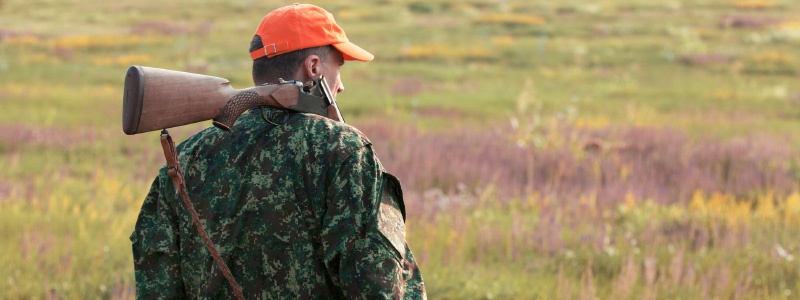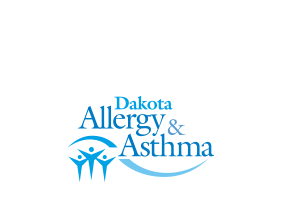Let’s face it, men (and even many of you women), a beautiful Fall day with friends and family in the great outdoors is just made for a hunt. But what if you are allergic to the mold spores and pollen grains floating through the crisp Fall air? Don’t be discouraged! With a little help from your Board-Certified Allergist, you, your friends and family, and even the hunting dogs can all enjoy a great day of hunting!

Just as we practice our shots, get in shape for the long hunt walks, and find the right hunting gear, we have to prepare our allergies and asthma conditions too. Fall allergy preparation is key – get started on allergy prevention right away and maintain it throughout the hunting season.
A common technique to protect yourself from allergies is avoidance. However, avoidance of mold spores and pollens isn’t very practical on your hunt.
Just imagine, you are walking through the weeds just waiting for that bird, you get a perfect shot then your four-legged friends deliver a perfect point and retrieve.
Meanwhile, you are stirring up the dirt on your walk and raising up the mold spores that wreak havoc on your allergies!
Instead, the key to protect yourself is effectively using allergy and asthma controllers.
For example:
- Allergy shots are a great long-term way to become less allergic and asthmatic. Your Board-Certified Allergist prepares a specific mix of what you are allergic to then delivers that to you on a regular basis for a specific period of time for your allergy. This personalized approach results in many long-term benefits for you.
- Topical corticosteroids such as Flonase or Nasacort in the nose or Flovent, QVAR, or Asmanex in the lungs provide the best medicinal approach for nasal allergy and asthma. These types of allergy medications need to be started before the season and taken daily to be effective.
- Over the counter, non-sedating antihistamines like Allegra, Claritin, or Clarinex are also very effective. Just make sure you never take one that has a sedating effect – the impaired thinking and coordination don’t mix with guns (just like alcohol doesn’t mix with guns either). Benadryl is a good example of an allergy medicine that has a sedating effect; therefore, is not safe to take prior to or during hunting.
- For those with asthma too, remember to bring along your albuterol rescue inhaler. Be sure to use it shortly before the exercise.
- Additionally, if you have any issues with anaphylaxis, bring along your epinephrine injector just in case.
If you have been struggling with allergies that are affecting your ability to enjoy the hunt, it’s time to see an Allergist or determine other steps you can take at home.
Hunting, whether for pheasants, deer, turkey or more, can be a great way to connect with family and friends but you don’t have to miserable from allergies during the hunt. Working together with a Board-Certified Allergist, you can enjoy a great day of hunting!





